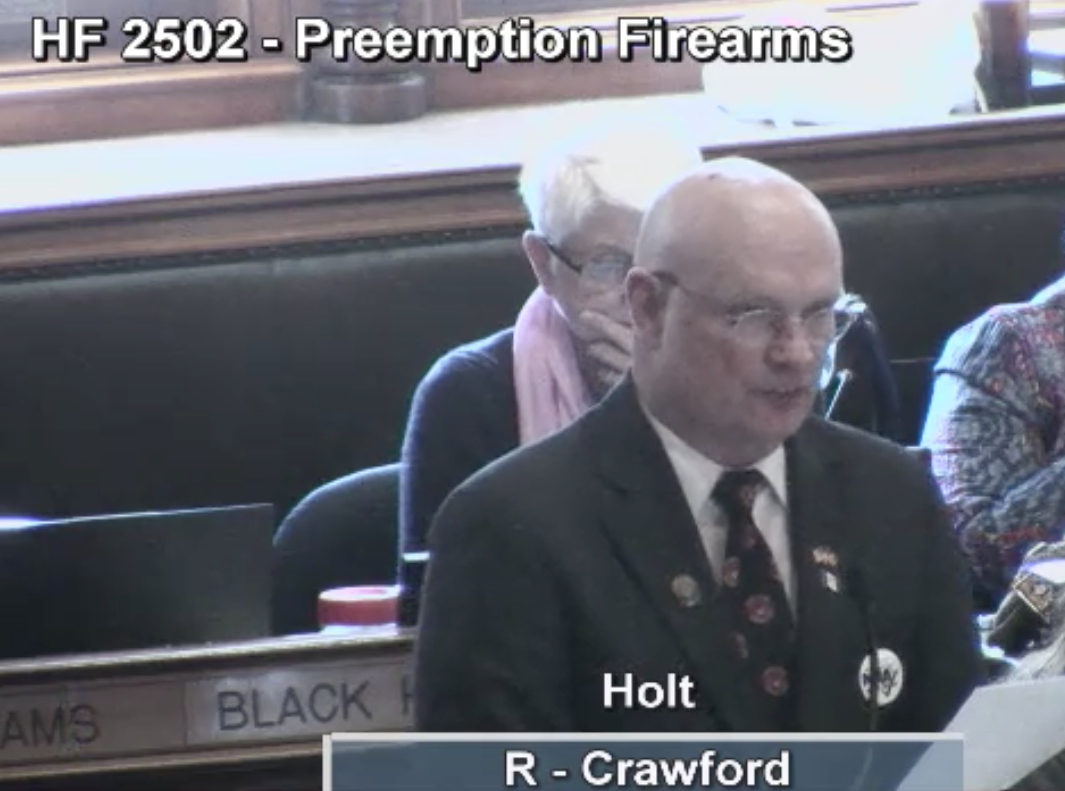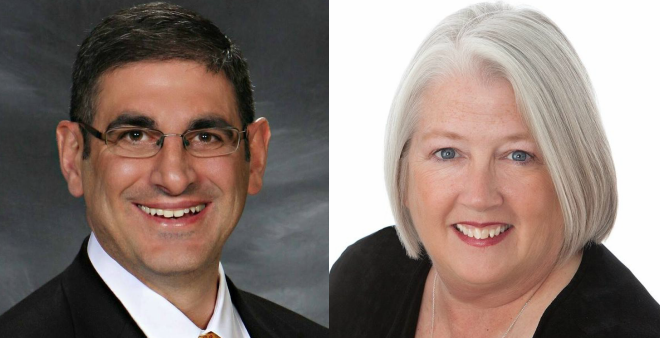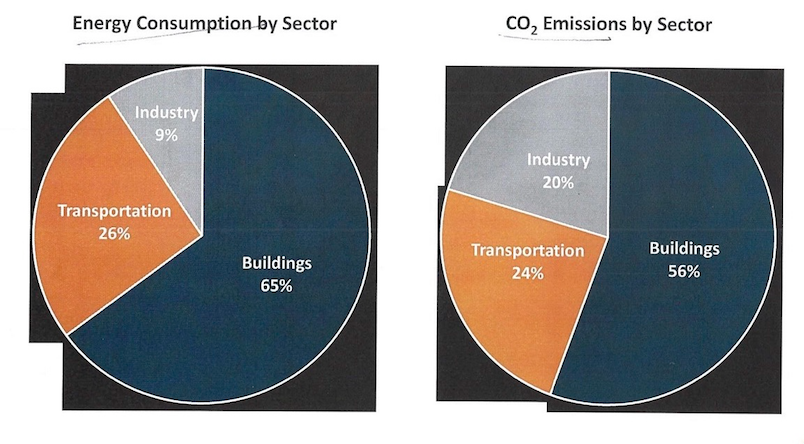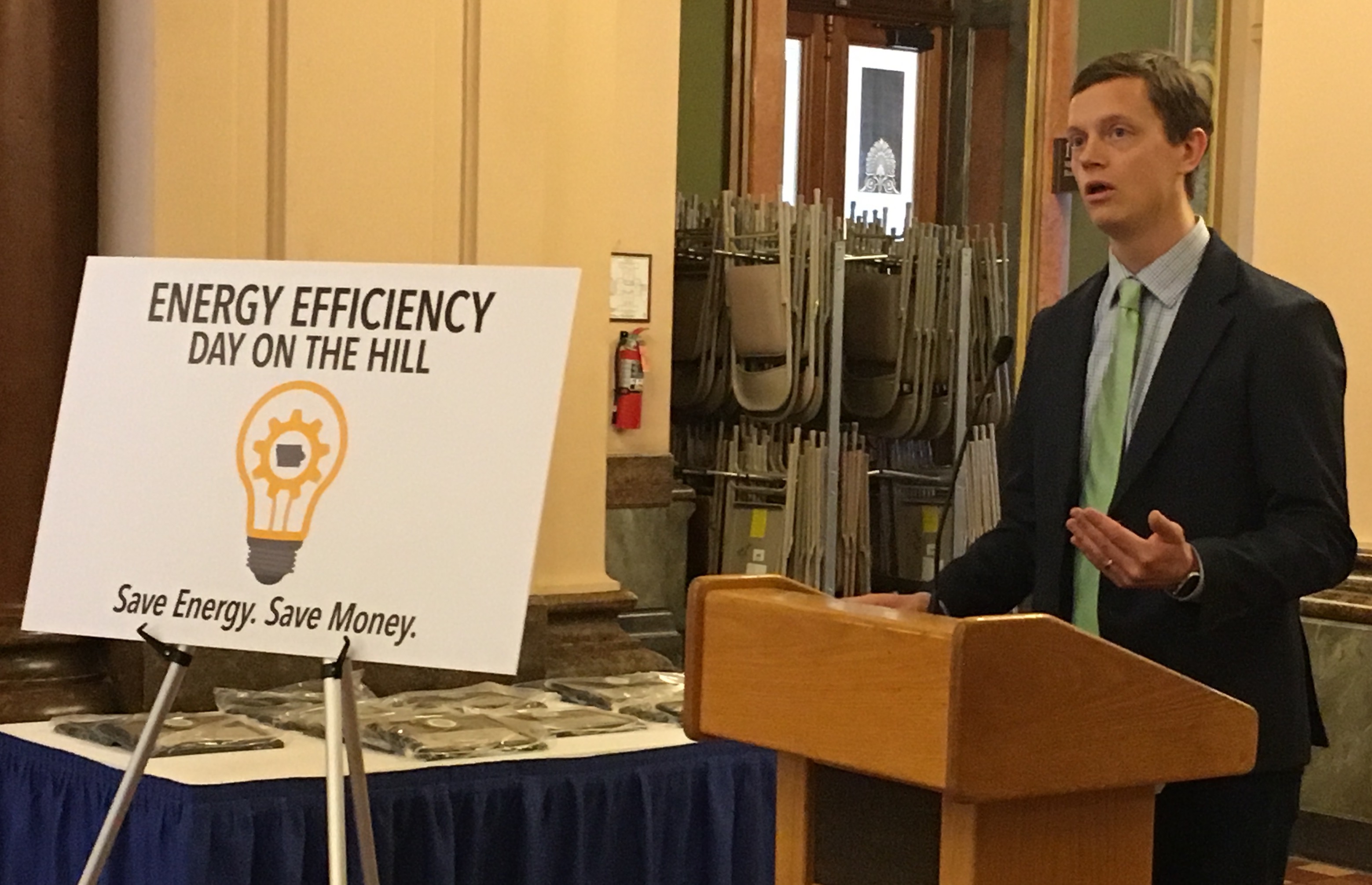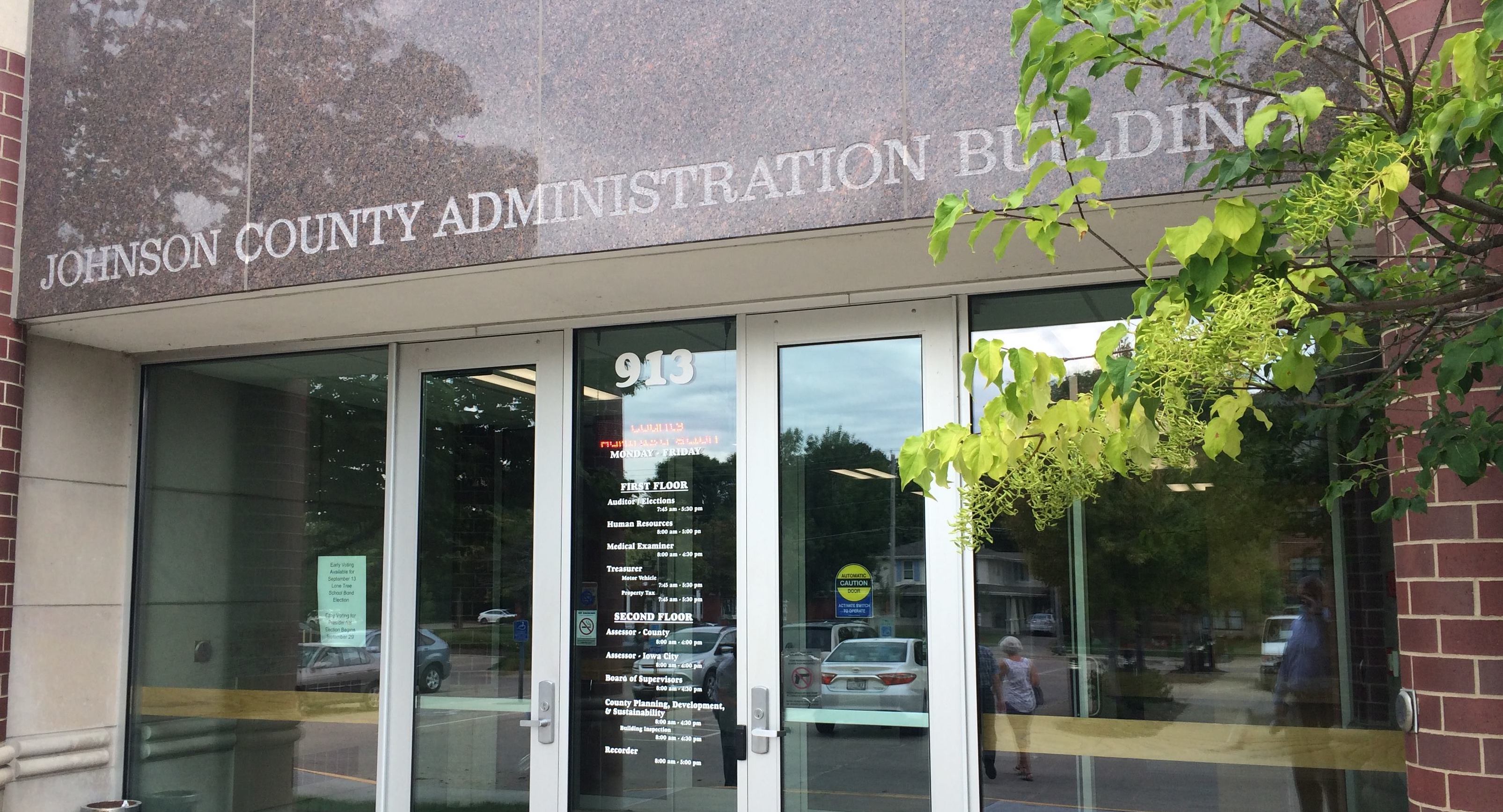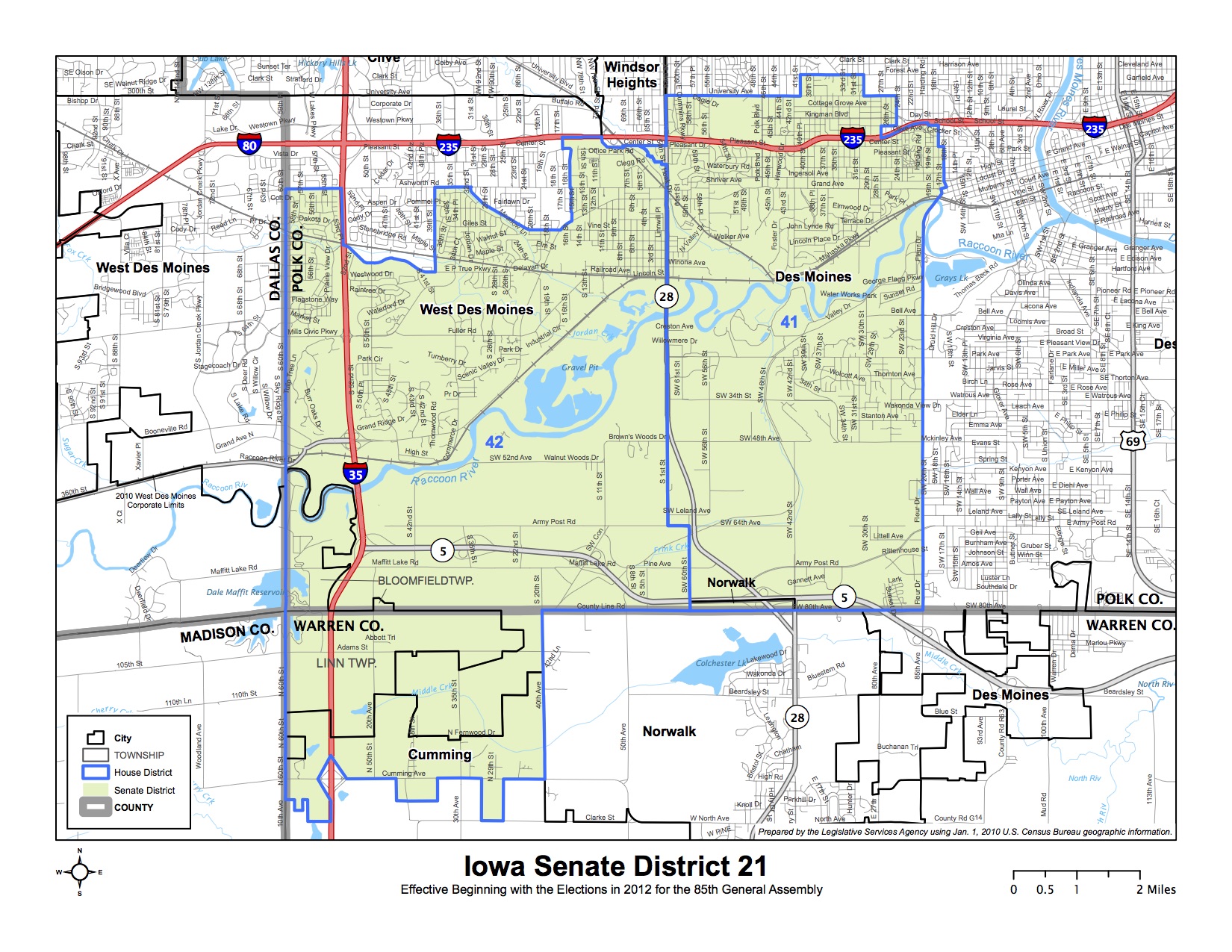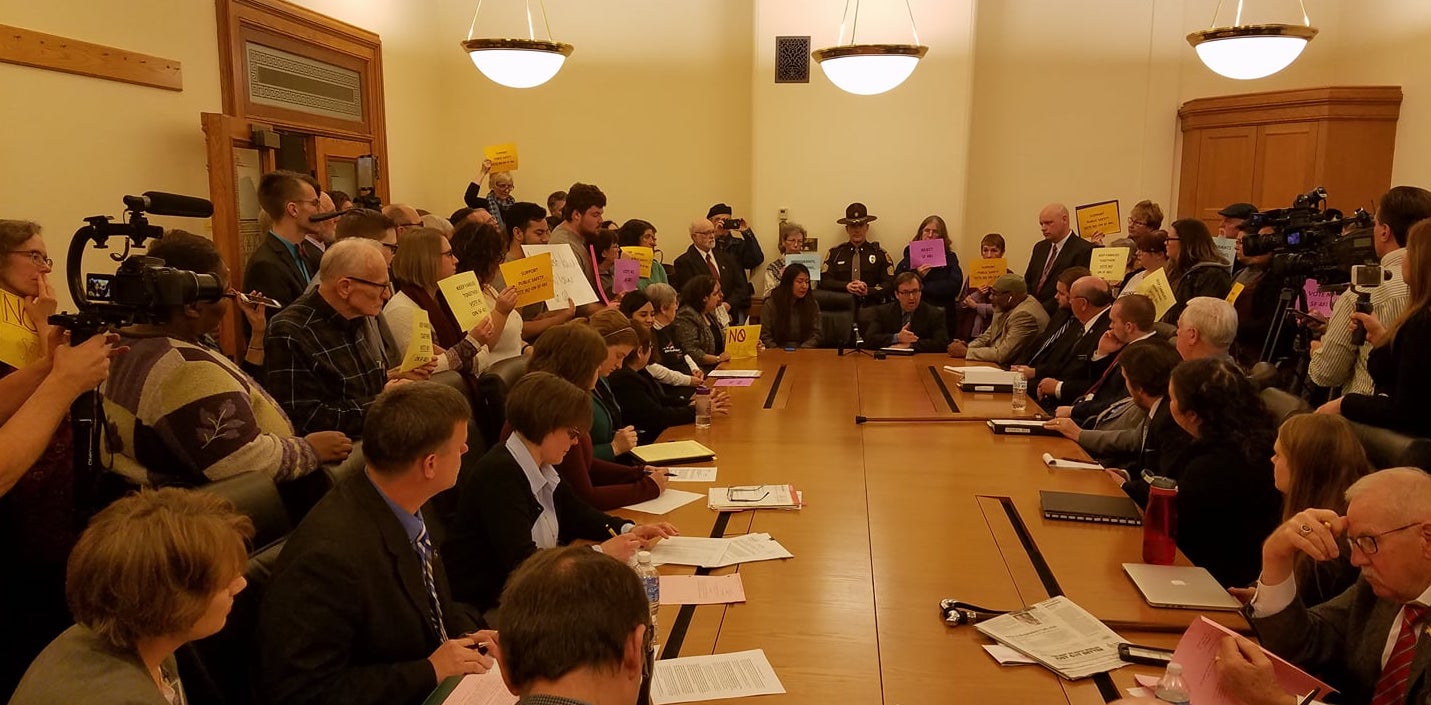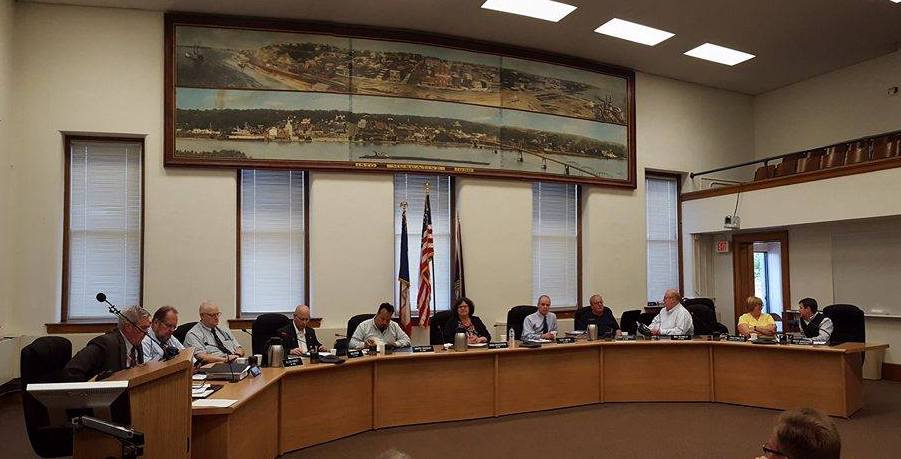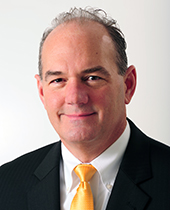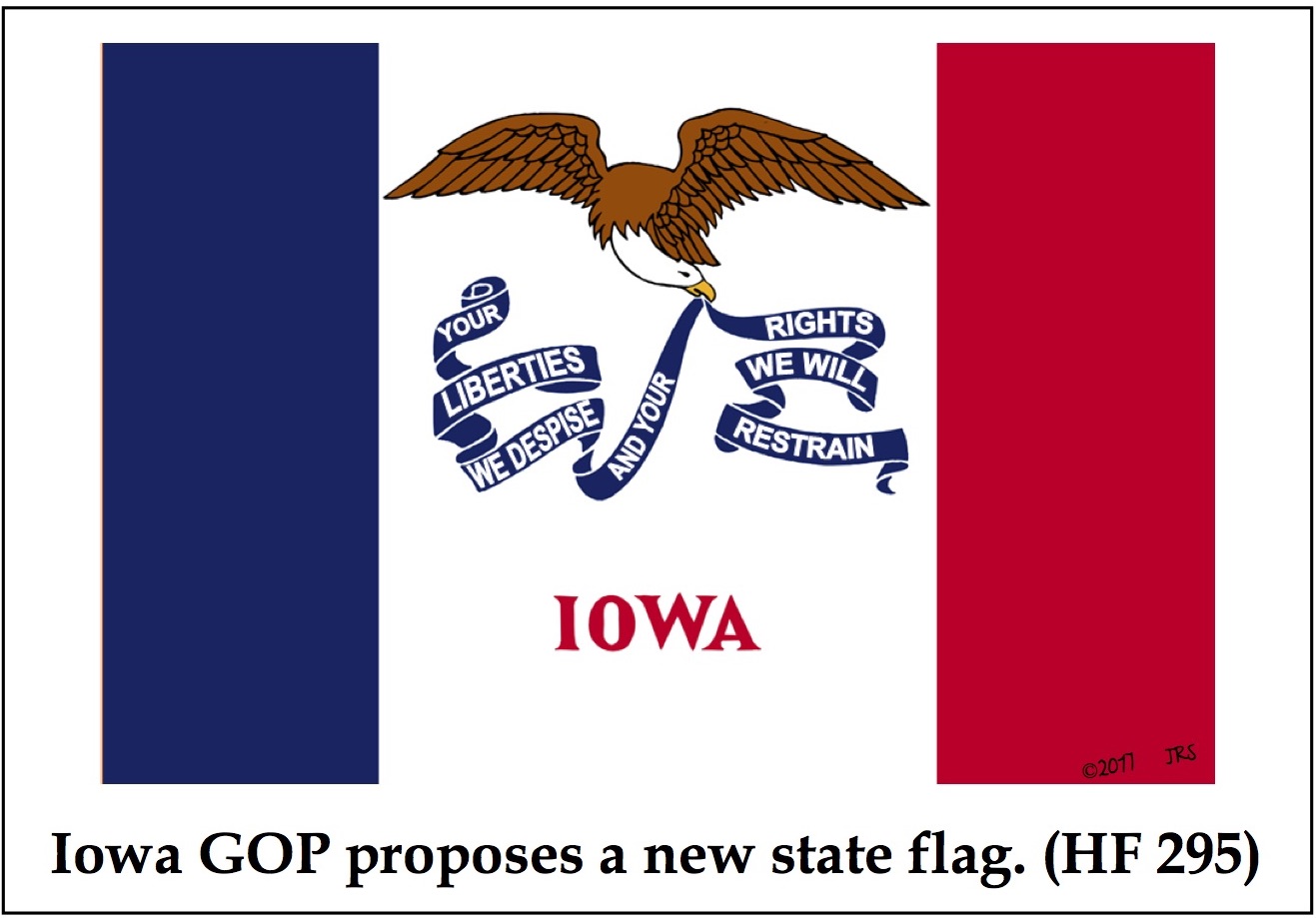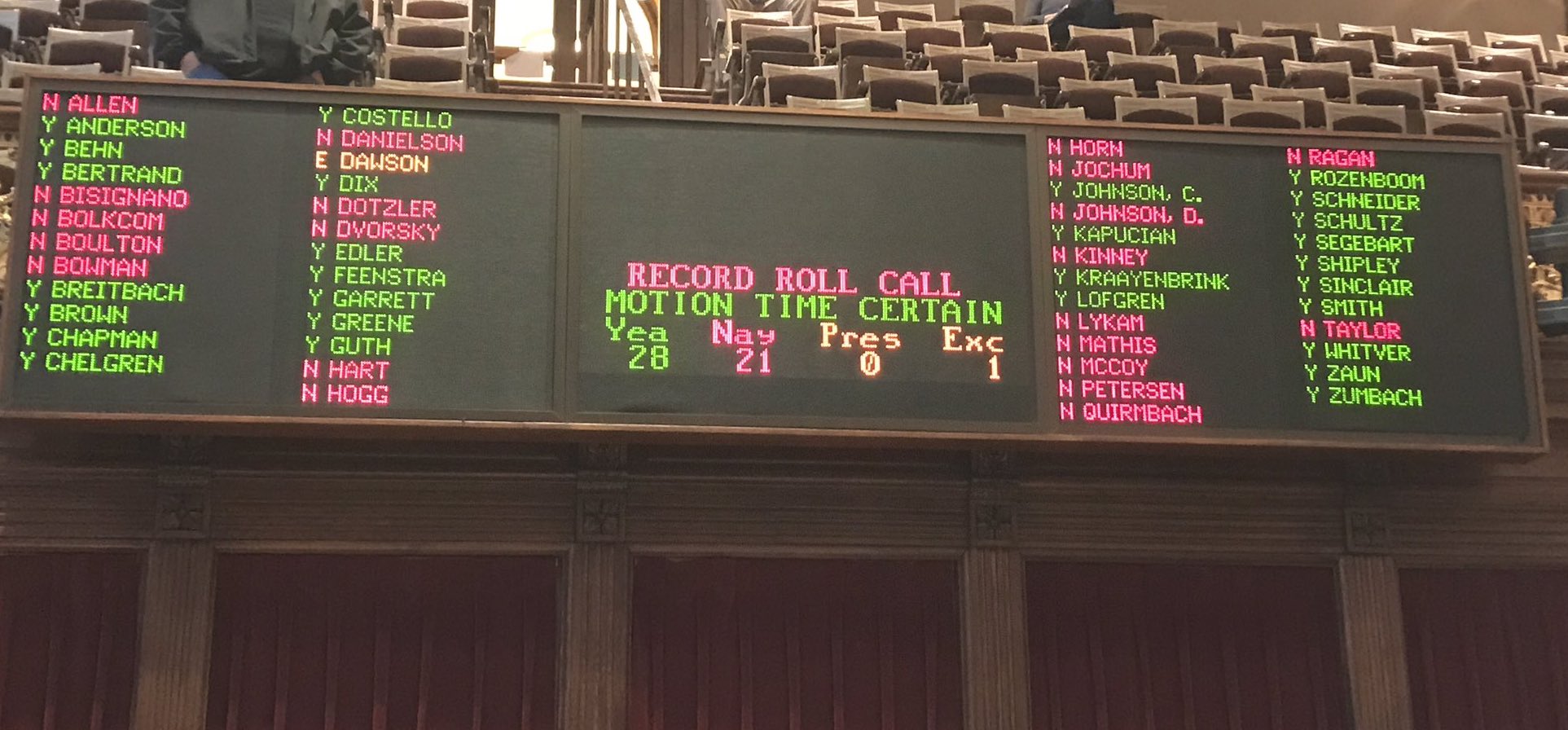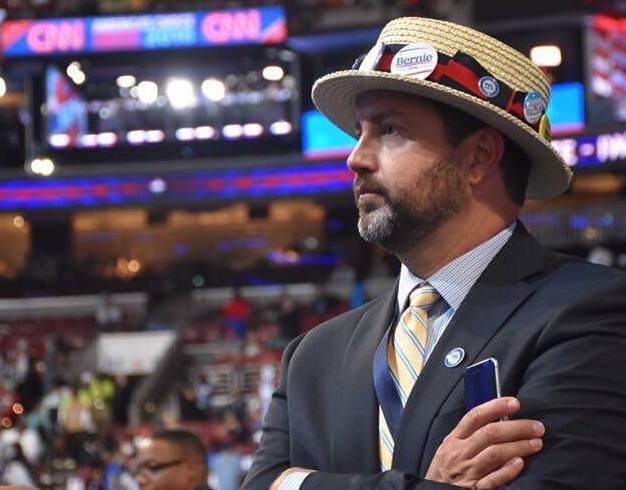I haven’t posted about the recent suicide of Des Moines businessman Ed Boesen. I feel sorry for his family, who are dealing with a sudden bereavement as well as the fallout from his business dealings. His estate is being sued by several lenders.
Last year I didn’t write about the controversy over developing Rice field in Des Moines either. The green space where Rice Elementary used to stand is used as a playing field by local residents, many of whom wanted to keep it that way. I understand their position, but I also know that the Beaverdale neighborhood already has quite a few city parks. Since I support compact economic development and “infill” (new building in established neighborhoods), I thought a proposal for a mixed-use residential and commercial development on Rice field was reasonable.
That said, I was troubled by the way the Des Moines School Board agreed to sell the land to Boesen’s group, which didn’t submit the highest bid. School Board member Connie Boesen is Ed Boesen’s sister-in-law.
Why am I rehashing this now? It turns out that Des Moines City Councilman Chris Coleman did not disclose a prior business relationship with Boesen at the time the council approved a tax-increment financing district for parts of Beaverdale.
According to the Des Moines Register,
Coleman said he had no financial stake in Rice Development Partners, Boesen’s company that planned an $11.6 million project in Beaverdale and stood to benefit from a council decision to approve the area as part of an urban renewal district, making it eligible for tax breaks.
Coleman, who is head of the Better Business Bureau, also said he didn’t know until Thursday that his name was consistently misspelled on documents filed with the Iowa secretary of state.
A handwritten document signed by Boesen in February 2000 lists two officers: himself and “Chris Cobeman, 3600 48th Place, DM, IA 50310.” Other typed documents also spell Coleman’s name as “Cobeman.” Over the years, Cobo Investments filed new records with the state updating addresses, but the misspelling of Coleman’s name was never changed.
[…]
Coleman said Thursday that he was involved in no other deals with Boesen.
Coleman goes on to say he never tried to hide the fact that he had owned property with Boesen at one time. However, all but one of his fellow City Council members told the Register they had no idea of that relationship.
The intentional misspelling of Coleman’s name on several official documents is a huge red flag to me. It suggests that whoever filed the papers was trying to make it more difficult to identify the participation of Coleman, who was elected to the City Council in 1998, in this partnership.
The Register reports:
Public officials are not required by law to make such a disclosure unless there’s a direct financial gain, said Alan Kemp, executive director of the Iowa League of Cities. But most elected officials try to identify anything that resembles a conflict of interests, he said.
Bergman, the city attorney, said he did not recall Coleman mentioning his business relationship with Boesen when the Rice Field issues were before the council, but Bergman said he previously knew of the duplex ownership.
“I would have told him if he asked me at the time that I would not have considered it a conflict of interests to vote on at the time,” Bergman said Thursday. “There’s no law, rule, regulation of any kind that I can think of that would require that to be disclosed.”
Even if the law did not require disclosure in this case, Coleman showed poor judgment in my opinion by not revealing a prior business partnership with a finalist for the Beaverdale development project.
Elected officials should go out of their way to avoid even the appearance of a conflict of interest. That Coleman is the head of the Better Business Bureau makes it worse.
I agree with Drake University Professor Rachel Caulfield, who told the Register that the misspelling of Coleman’s name on documents is “certainly worthy of a deeper investigation.”
Continue Reading...


